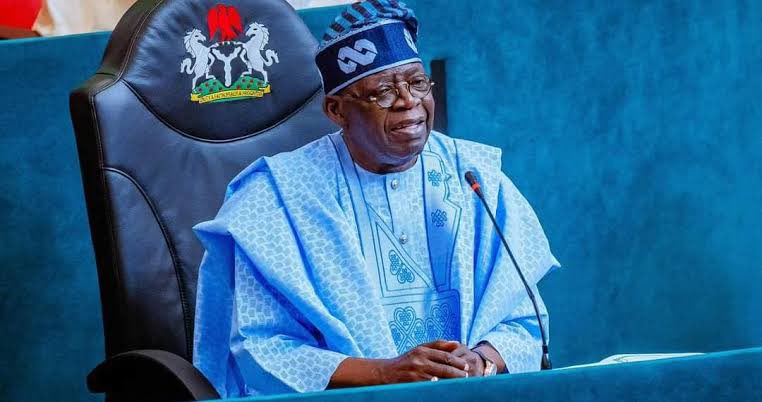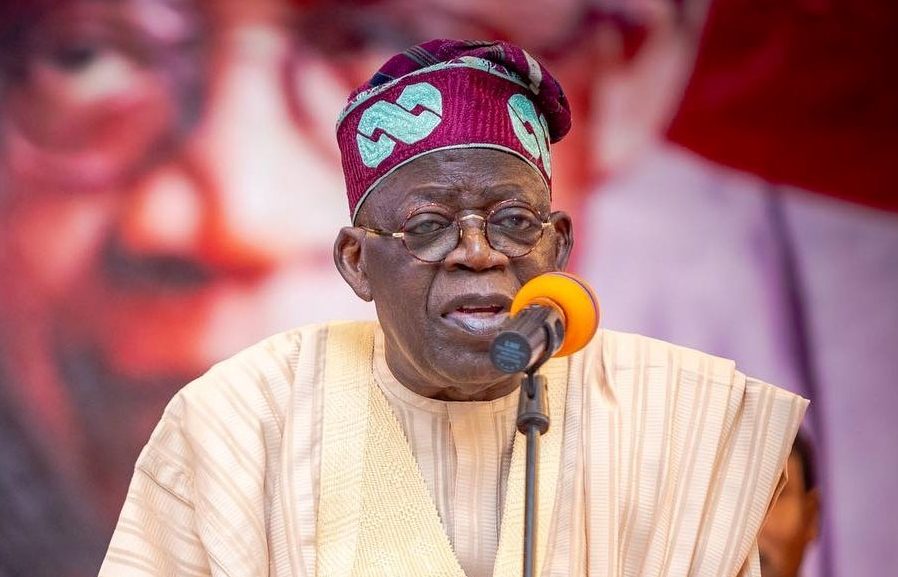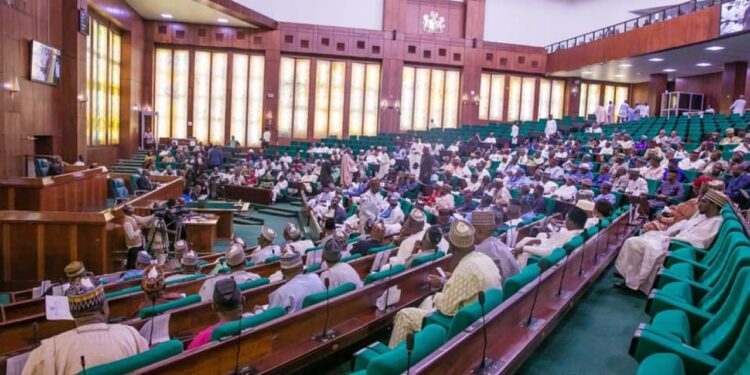
Governor Fubara has approved a new minimum wage of N85,000.00 for workers in Rivers State
October 21, 2024
Moscow’s Shift from Optimism to Caution in Its Perspective on Trump Since 2016
October 22, 2024President Bola Tinubu launched the ‘1MMBOPD’ Initiative to increase Nigeria’s crude oil production by 1 million barrels per day over the next 12 months.

Tinubu Calls for Stakeholder Collaboration as NUPRC Launches 1MMBOPD Initiative

1MMBOPD Initiative was launched by President Bola Tinubu on Monday, aiming to increase output by 1 million barrels per day over the next 12 months. This initiative seeks to harness dormant oil assets and optimize existing ones to meet the target.
The Initiative was launched along with the third anniversary of the Nigerian Upstream Petroleum Regulatory Commission (NUPRC) held in Abuja, attended by key players in the oil, gas, and banking sectors, including International Oil Companies (IOCs), indigenous oil producers, banks, and service providers, it drew widespread support for the federal government’s new energy strategy.
Themed “Transformation, Innovation & Excellence,” the NUPRC-organized event brought together industry leaders who pledged to support the government’s efforts. In a speech delivered by Senator George Akume, Secretary to the Government of the Federation (SGF), President Tinubu emphasized that recent policy interventions were yielding results. He expressed confidence that ongoing reforms in the oil industry would benefit Nigeria’s 200 million citizens.
Although Tinubu’s administration aims to diversify Nigeria’s economy beyond fossil fuels, it is committed to maximizing revenue from the country’s hydrocarbon resources. The president highlighted the need for a balanced approach, ensuring economic diversification while adopting decarbonization strategies in oil and gas production.
“A renewed focus on economic diversification through the oil and gas industry is underway, aimed at expanding government revenue, generating employment, and reducing poverty,” the president noted. He underscored that a clear roadmap for the oil sector had been established to attract local and foreign investments. Since declaring Nigeria open for business, major financial and investment decisions have been made across the oil value chain.
Tinubu also pointed out that the oil and gas sector must become more dynamic to meet both domestic and international demand while boosting foreign exchange. He added that early steps had been taken to remove barriers to investment, including the issuance of five executive orders to provide fiscal incentives. Collaborating with the legislative branch, the government is working to implement reforms that require statutory changes.
The president congratulated industry players for recent gains in oil production, which has increased to 1.6 million barrels per day. The ‘1 million barrels per day’ initiative, he said, represents a significant step toward achieving sustainable growth in line with his administration’s directive to increase production. This will also enhance Nigeria’s energy security and economic stability, positioning the country as a critical player in the global energy landscape.
“Boosting oil production will create more jobs, increase government revenue, and stabilize energy supplies for citizens. This project is a collaborative effort involving producers, service providers, financiers, and other key stakeholders,” Tinubu explained. He acknowledged potential challenges, such as technical difficulties and market fluctuations, but expressed confidence that collective efforts would overcome them.
Gbenga Komolafe, NUPRC’s Commission Chief Executive, highlighted the commission’s achievements over the past three years, including significant progress in increasing reserves and upstream activities, despite global pressures to transition away from fossil fuels. He noted that the 2020 marginal bid round had led to the issuance of awards, with expectations of an additional 60,000 barrels per day and 90 million standard cubic feet per day of incremental oil and gas production.
To enhance Nigeria’s global competitiveness, Komolafe explained that the licensing framework for ongoing bid rounds had been optimized to lower entry barriers and eliminate hefty asset acquisition fees. On sustainability, he noted that the NUPRC had integrated emissions reduction measures into its regulatory instruments.
The event also saw the approval of two significant transactions: Seplat Energy’s $1.28 billion acquisition of Mobil Producing Nigeria Unlimited (MPNU) and a TotalEnergies deal with Telema Energies. However, Shell’s planned $1.3 billion divestment to Renaissance Africa Energy Company Limited was rejected due to regulatory issues.
Tony Elumelu, Chairman of Heirs Holdings, UBA, and Transcorp, acknowledged the current challenges facing Nigeria’s oil industry, including declining production, aging infrastructure, and security challenges. He emphasized the importance of the 1MMBOPD initiative in reversing the downward trend and revitalizing Nigeria’s oil sector. Elumelu called for a comprehensive approach that addresses infrastructure modernization, security, regulatory streamlining, and investment attraction to meet the 1 million barrels per day target.
Heirs Energies’ rapid increase in production from 28,000 to 50,000 barrels per day after taking over operational control of OML-17 was cited as an example of how collaboration with the Nigerian National Petroleum Company (NNPC) can yield significant results.
NNPC’s Group Chief Executive Officer, Mele Kyari, stressed the importance of moving beyond presentations to tangible results. He emphasized the need for a competitive contracting process and replacing pipeline infrastructure to secure production and investment.
Finally, the ministers of state for oil and gas, Heineken Lokpobiri and Ekperikpe Ekpo, assured stakeholders of the government’s commitment to resolving bottlenecks and achieving the additional 1 million barrels per day target. Key industry leaders and financial institutions also pledged their support to ensure the success of the initiative, marking a significant step in Nigeria’s efforts to revitalize its oil industry.

